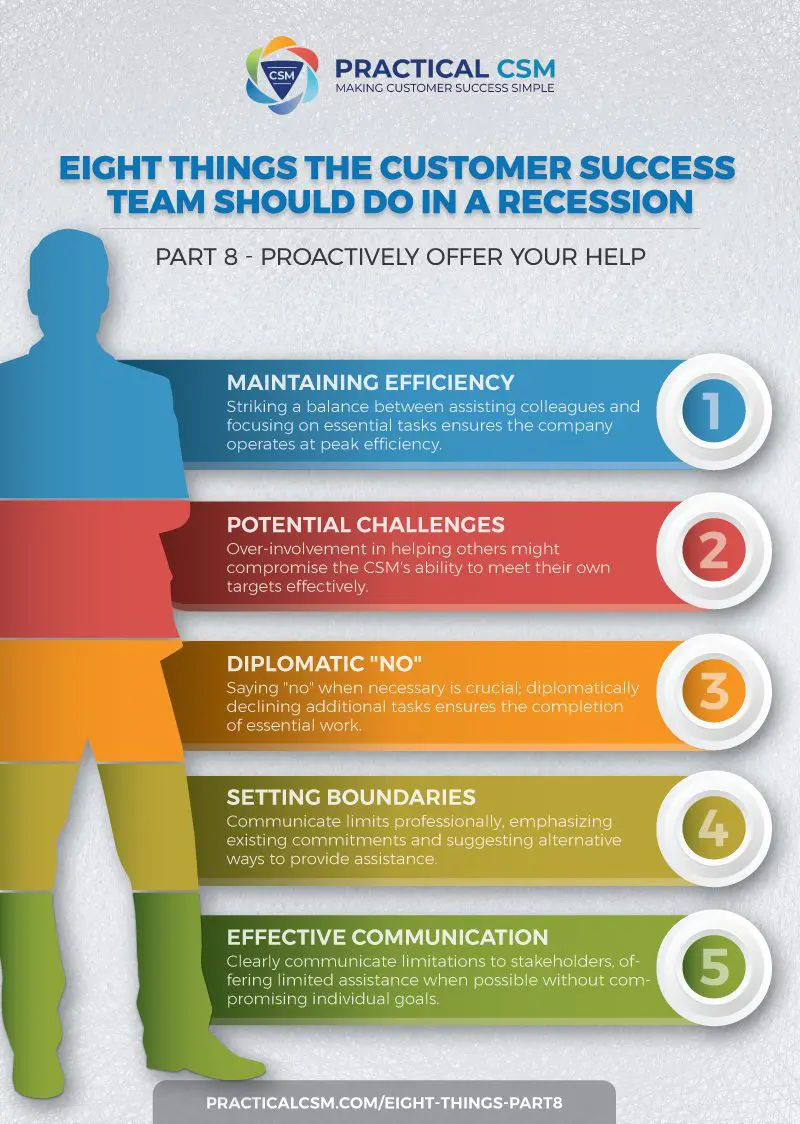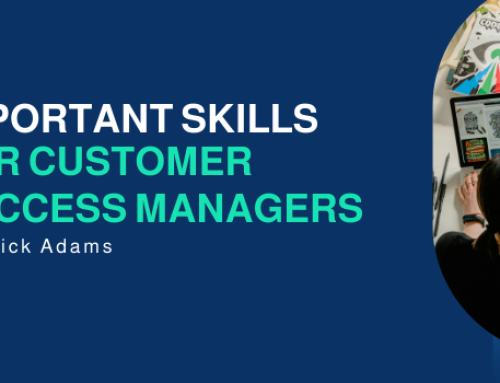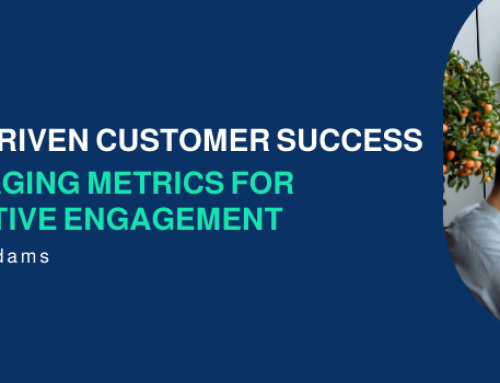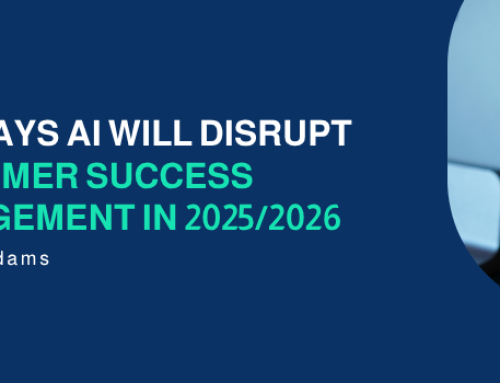Do Not Become the Concierge
Eight Things the Customer Success Team Should Do in a Recession – Part 8
Overview
There were a lot of great points made in my recent interview with Nick Mehta, CEO of Gainsight, but there was one aspect of the interview in particular that I think was particularly important. This was the part of our conversation when we discussed the role of the Customer Success Management team during a recession, or during any period of uncertainty where businesses are tightening up budgets and only performing essential activities due to fear of an impending recession, which I think is a good description for the situation we find ourselves in right now.
This article is partially based upon my recent discussion with Nick Mehta, and describes eight practical steps that almost any Customer Success Management team should be able to take when faced with a recession or period of uncertainty. In fact, to be exactly accurate we will discuss seven things to do and one thing to avoid doing. The original interview that inspired this article was recorded and the recording is available from our website here and from our YouTube channel here.
The eight practical steps we will be covering in this article are:
- Proactively Offer Your Help
- Address Your Client’s Current Priorities
- Measure and Prove the Value
- Use Process to Create Efficiency
- Automate Customer Success Management
- Leverage the Power of Client Communities
- Make Your Product an Essential Need
- Do Not Become the Concierge

Do Not Become the Concierge
Our eighth and final “things that a CSM should do in a recession” is actually not a “do” at all, but is instead a “don’t do”.
Customer Success Managers tend to be helpful by nature, largely no doubt because the role of CSM really does require the individual to be someone who enjoys being helpful to others, and so it tends to be the “helper” type of personality that is more drawn to the role than other personality types. In truth, in my experience, you would struggle to find a profession that contained a more helpful bunch of people! Generally speaking of course this tendency towards helpfulness is considered to be a great asset, and indeed so it is. However, the wise Customer Success Manager will recognize this trait or desire in themselves and will understand that useful as it is, it also needs to be controlled and managed.
I have often seen Customer Success Managers who for genuinely altruistic reasons are willing to spend their time doing pretty much anything that the customers or indeed other parts of their own business ask or demand of them. This might include researching methodologies, documenting processes, performing training sessions, measuring KPIs, and writing reports, for example. All of those things are potentially very useful tasks that need to be accomplished, so why shouldn’t the Customer Success Manager do them? The answer lies in one or both of two things: quality and productivity.
Just like everyone else, the CSM has a role to play, and that role has a number of critical targets or KPIs to achieve, that would most likely have been set or at least agreed upon by that employee’s manager – perhaps in an annual appraisal and review meeting with that staff member. The CSM in turn is a part of a larger team, which again is a part of a department, which itself is a part of the overall company. Assuming activities have been appropriately identified and set, everyone will have their tasks allocated to them to achieve, and only when everyone achieves their targets will the company be operating at its greatest efficiency and therefore delivering the best results for all concerned (customers, shareholders, employees, etc).
Now with the above in mind, it can be seen how the over-helpful person can actually slow down that machine. If the overhelpful person gets too involved in helping other people to perform their activities and attain their outcomes, this might leave that employee in a situation where they either fail to achieve their own targets or at least attain those targets at a lower than optimum level.
It is good to be helpful, please do not get me wrong. There is nothing wrong in wanting to help out a colleague, or a customer stakeholder, and indeed “being generally helpful” is very often what helps to oil the cogs and wheels of the “corporate machinery” to make it work more smoothly and efficiently than would otherwise be possible. So we are most definitely not saying that CSMs should cease to be pleasant, friendly, cooperative and helpful. But what we are saying is that CSMs do need to exercise a certain amount of discretion. CSMs should be aware at all times of their own duties, targets and outcome requirements, and whilst they should be flexible and adaptable to help out others, they should also be aware of when saying “yes” to helping someone else would actually be detrimental to their own vital work. In those circumstances, the wise Customer Success Manager may need to make a judgement call as to whether in their opinion it might be better to perform the helpful activity and accept the consequent loss of time or other availability to perform their own activities, or to politely decline to help and instead ensure that their own essential work gets completed.
Saying “no” is not always easy, perhaps especially to customer stakeholders to whom we have previously stated our willingness to help and even told them outright that they can always come to us if they need help. But in reality, most reasonable people will understand the finite limits on every professional’s time. Usually, it is simply a case of saying “no” diplomatically in order to let the other party down gently and without loss of face. For example “I would love to help you with that report, but unfortunately, I have just taken on a similar task with a very tight deadline, which means that right now my time is very limited. I cannot write the full report for you, but what I can do is spend say 15 minutes helping you get the agenda right so that you can then go ahead and complete it yourself, would that be helpful to you?”
Read previous parts of the “Eight Things the Customer Success Team Should Do in a Recession” article on our blog.
Go Back to “Eight Things the Customer Success Team Should Do in a Recession – Part One.”
Go Back to “Eight Things the Customer Success Team Should Do in a Recession – Part Two.”
Go Back to “Eight Things the Customer Success Team Should Do in a Recession – Part Three.”
Go Back to “Eight Things the Customer Success Team Should Do in a Recession – Part Four.”
Go Back to “Eight Things the Customer Success Team Should Do in a Recession – Part Five.”
Go Back to “Eight Things the Customer Success Team Should Do in a Recession – Part Six.”
Go Back to “Eight Things the Customer Success Team Should Do in a Recession – Part Seven.”






Leave A Comment
You must be logged in to post a comment.